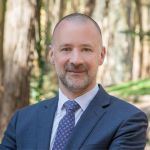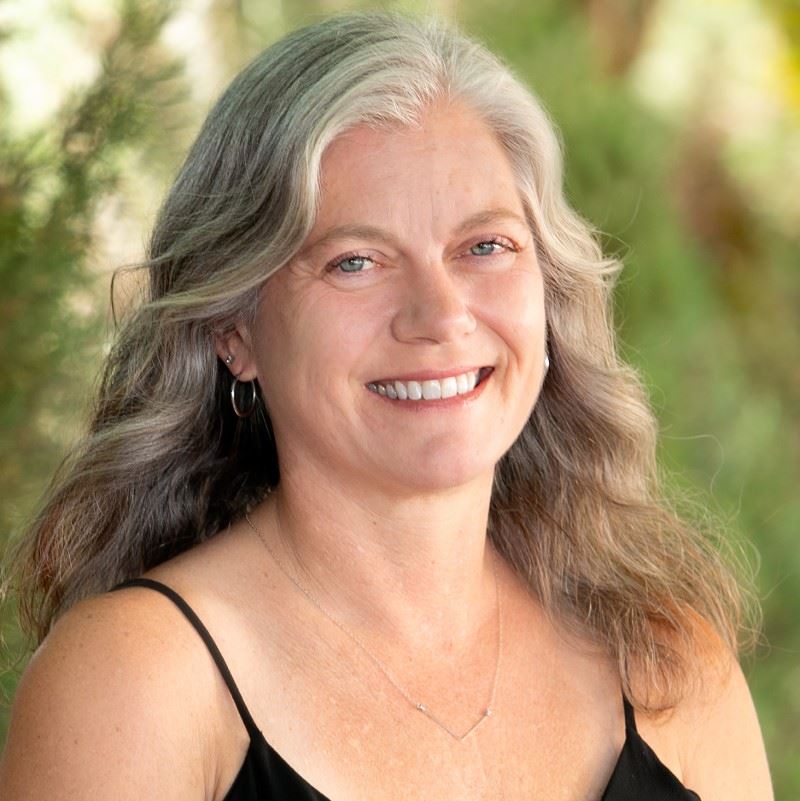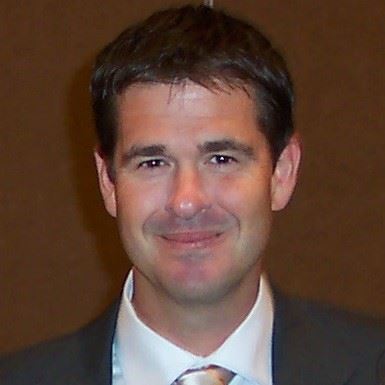As part of our partnership with the NAEP, ACRA member firms can receive the member price for NAEP webinars. Get the code here.
Register Here
This joint NAEP–ACRA webinar brings together cultural heritage and NEPA practitioners and attorneys to unpack the new NEPA definitions of Direct and Indirect Impacts, and Effects and discuss how these changes affect cultural resources review under Section 106 and NEPA. The panelists, Matthew Adams, Michael Smith, and Heather Miller, along with moderator Marion Werkheiser, will highlight the recent James River transmission line court ruling (National Parks Conservation Association et al vs. Semonite) as a backdrop for the discussion. The panelists ask, “how would the James River court ruling be different under the new definitions?” The panelists will recap the court case, look at the new vs. old language and how it might have affected the ruling and its impact on future cases. They briefly present the history of the NEPA–106 process, assess traditional understandings of NHPA, and discuss how the new definition of effects will change consideration of cultural resources.
Marion Werkheiser ties it all together and outlines several caveats and teaching points for moving forward (or is it back?) with a “modernized” approach.
Moderator
 Marion Werkheiser
Marion Werkheiser
Chief Executive, Cultural Heritage Partners
Marion Werkheiser is an award-winning lawyer and chief executive at the law and policy firm Cultural Heritage Partners. Her well-established practice is firmly rooted at the intersection of development and preservation, and she advocates for responsible preservation policy at the federal level. She negotiates in NEPA and Section 106 consultations on behalf of tribes, project proponents, local governments, and other consulting parties to achieve creative, win-win outcomes that appropriately balance preservation values and development needs. Marion also works with investors, financial institutions, and companies to conduct due diligence, assess project risk, and improve internal governance to reduce the impact of infrastructure and other projects on indigenous peoples and cultural heritage worldwide. She advises tribes on developing their own consultation and engagement protocols to promote free, prior, and informed consideration of project impacts. Marion earned her J.D. from Harvard Law School and is licensed to practice law in California, Virginia, and the District of Columbia.
Speakers
 Matthew Adams
Matthew Adams
Matt Adams helps clients address environmental issues related to energy, transportation, infrastructure, and natural resource development projects. He advises on a full range of transactional, regulatory, and litigation matters, with a specialized focus on issues arising under the National Environmental Policy Act (NEPA), the National Historic Preservation Act (NHPA), the California Environmental Quality Act (CEQA), and other environmental impact assessment laws. An experienced litigator, Matt has successfully argued matters of first impression before the United States Court of Appeals for the D.C. Circuit and the United States Court of Appeals for the Ninth Circuit.
Matt also counsels tribal governments and tribally owned businesses on environmental and land use issues affecting Indian country, as well as advising on matters related to the protection of indigenous cultural and historic resources.
 Heather Miller
Heather Miller
Heather Lee Miller, PhD, joined HRA in 2005 and works in both HRA’s History and CRM divisions on projects related to cultural resources management, Section 106/110 and NEPA/SEPA compliance, the development of historic contexts, inventory and evaluation, and mitigation reports, in addition to litigation support. From 2007–2015, she served as the lead of HRA’s aboveground history program (a subsection of HRA’s Cultural Resource Management division) while also working on complex research and writing projects pertaining to environmental and tribal litigation. An effective project manager with a strong grasp on cultural resources compliance and history as well as an eye for detail, Heather also has exemplary research, writing, and editorial skills, having worked for over two decades in scholarly journal and book editing. Heather has served as HRA’s marketing director since 2014 and became Vice President of Business Development in 2018. She meets the Secretary of the Interior’s Professional Qualification Standards in History and Architectural History.
 Michael Smith, Ph.D.
Michael Smith, Ph.D.
Principal, Ecology & Environment, Member of WSP
Michael is a Principal with Ecology and Environment, Inc. (a member of WSP), a global network of innovators and problem solvers, dedicated professionals and industry leaders in scientific, engineering, impact assessment and planning disciplines working collaboratively with federal, state and local government and private sector clients to develop technically sound, science-based solutions to the leading environmental challenges of our time. E&E has successfully completed more than 50,000 projects in 122 countries in nearly every ecosystem on the planet.. His current work focuses on providing project and program management, technical analysis and review, policy development and review, and training and education focused on National Environmental Policy Act (NEPA) and California Environmental Quality Act (CEQA) compliance for some of the nation's and California’s most complex and controversial projects relating to energy development, transportation infrastructure projects, approvals of genetically engineered plants, commercial space transportation operations, and rulemakings for national motor vehicle fuel economy standards. He frequently provides training and strategic advice for NEPA and related environmental compliance requirements as an adjunct faculty member at numerous educational institutions, including the UC Davis Extension Land Use and Natural Resources Program, the UCLA Extension Sustainability Program, and the NEPA Certificate Program at the Quinney College of Natural Resources at Utah State University. He has served as a Science & Technology Policy Fellow with the American Association for the Advancement of Science (AAAS) at the Environmental Protection Agency’s (EPA) headquarters Office of Water and Office of Federal Activities in Washington, DC. He has also held positions with the U.S. Department of Interior – National Park Service in Biscayne, Glacier and Yosemite National Parks.
*Webinar time listed in Eastern Time.*